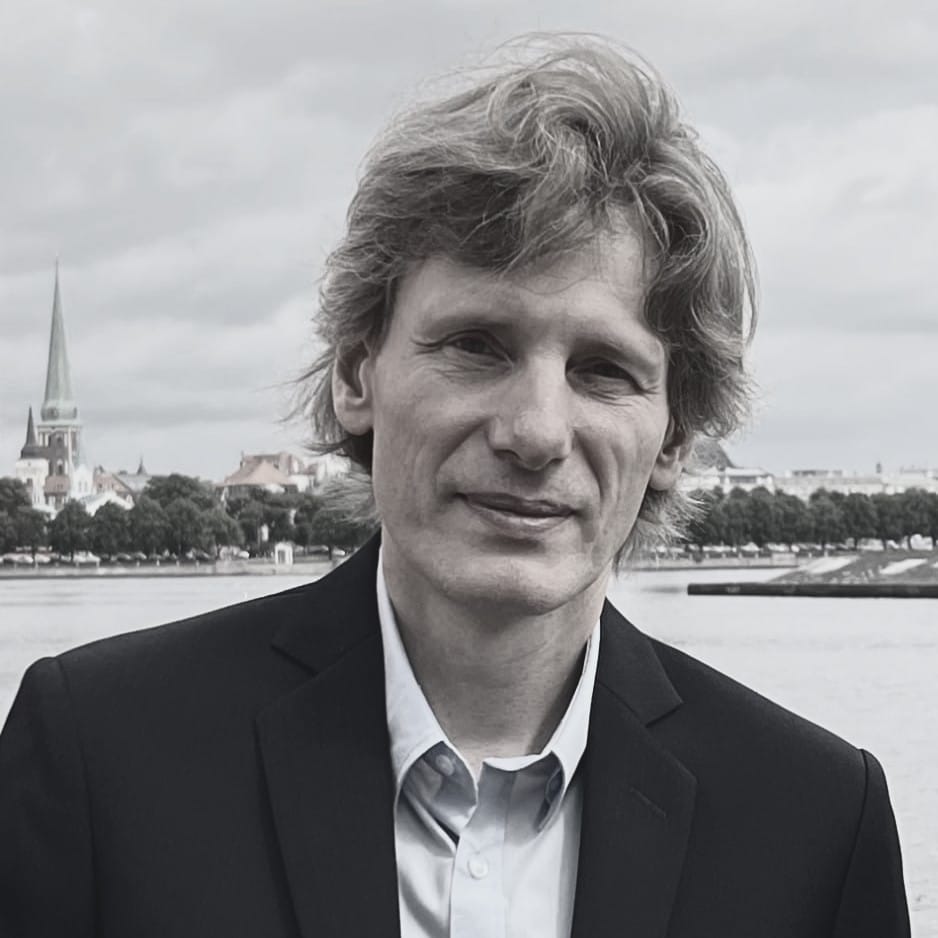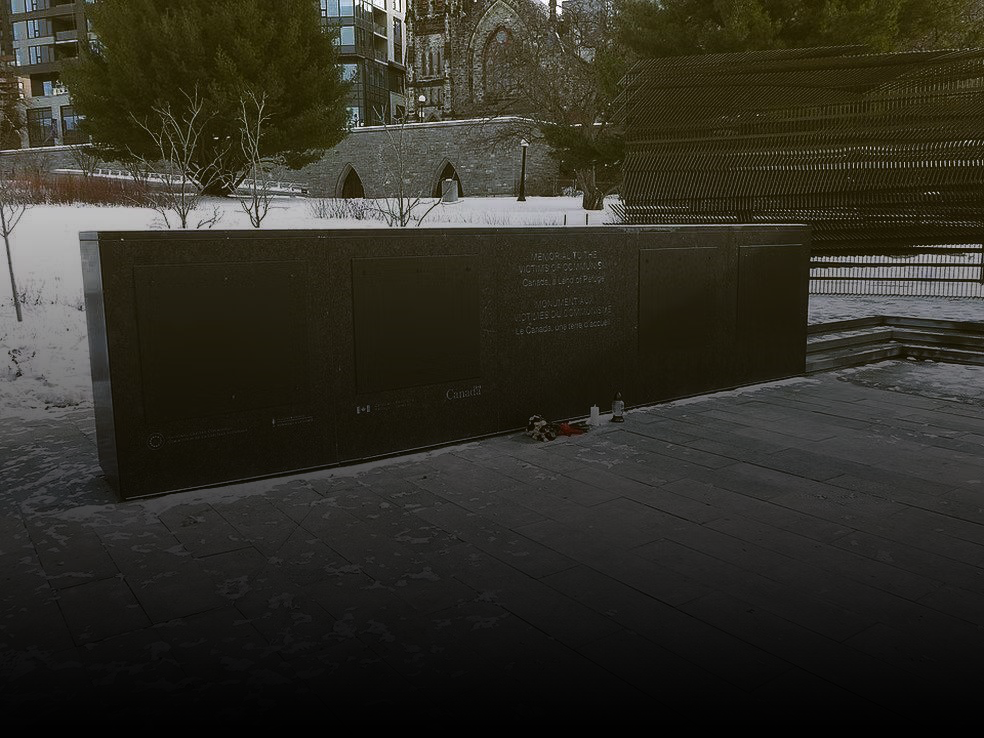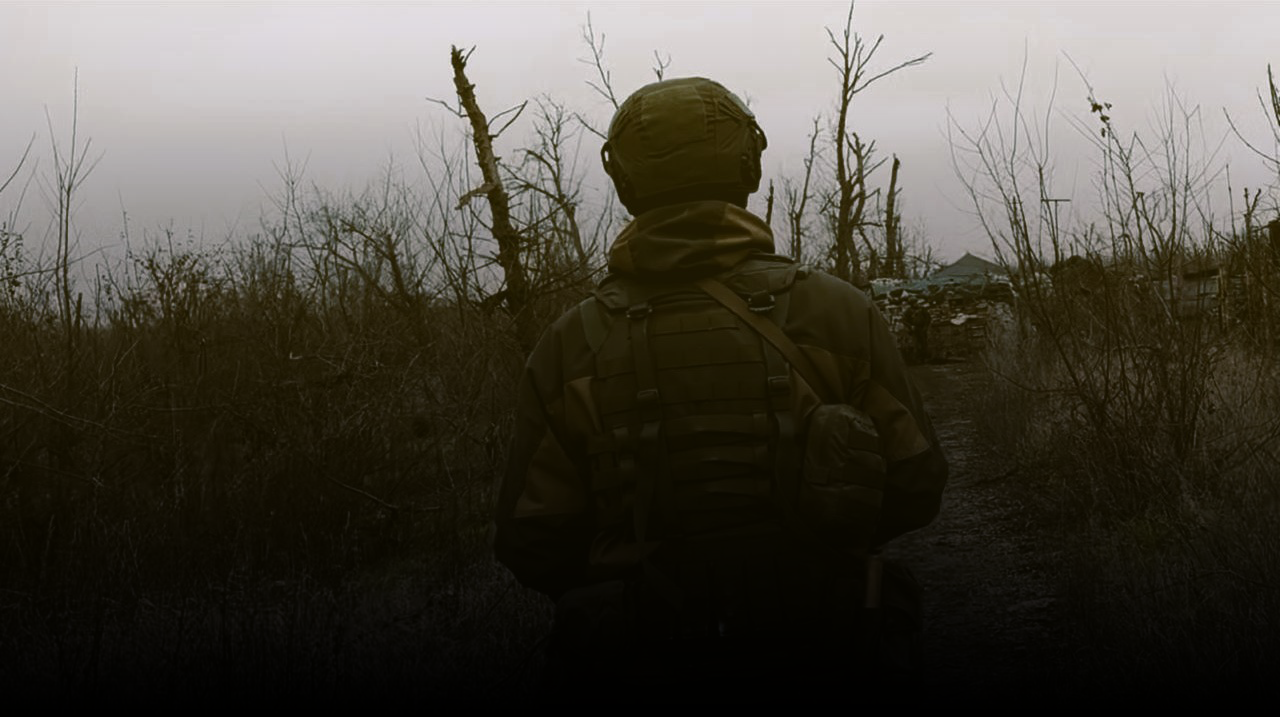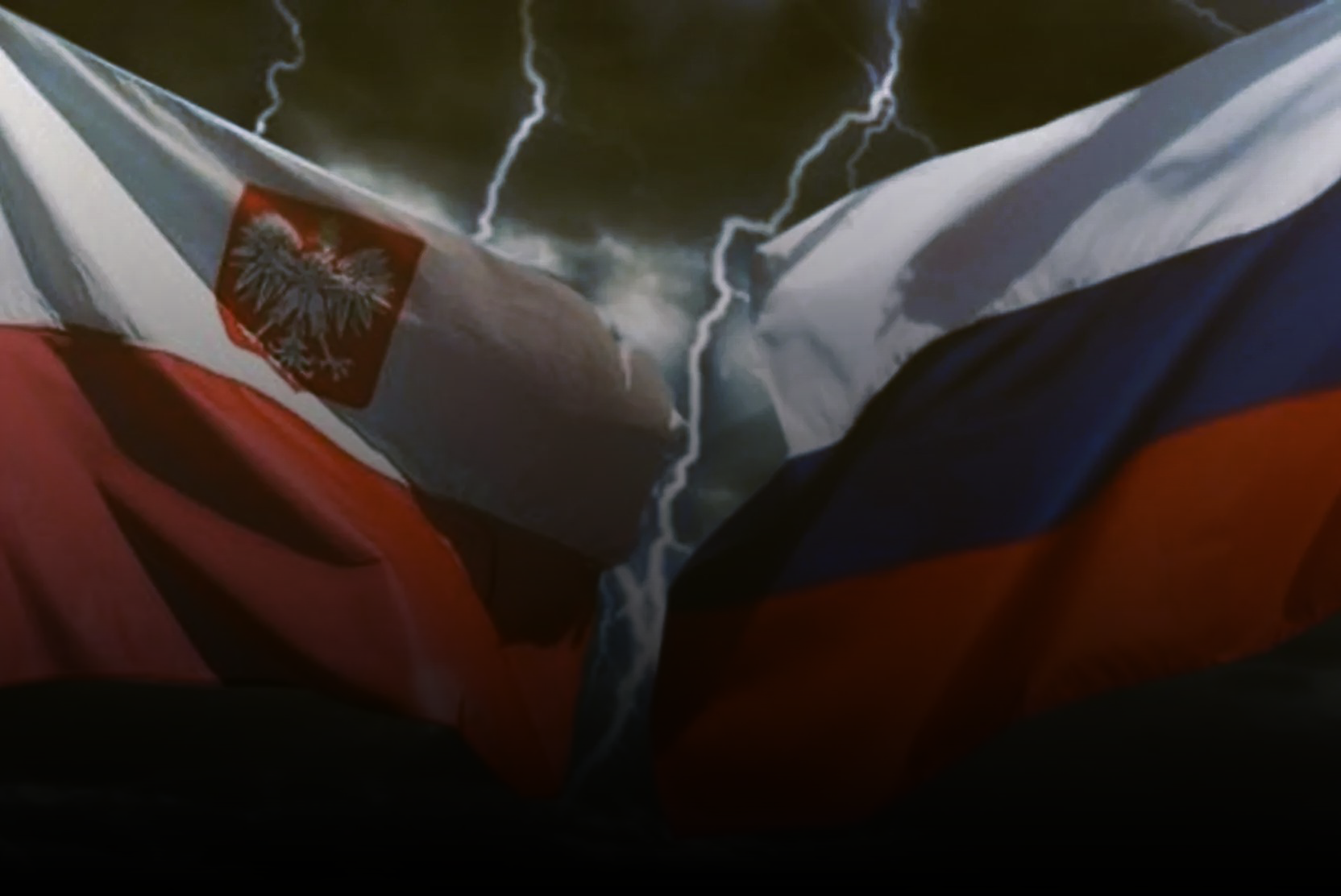The Persecution of Russian Journalists in Latvia: Verdict Yesterday, Arguments Tomorrow
In Latvia, the criminal prosecution of a group of Russian journalists continues. They are accused of a crime they never committed — violating the EU sanctions regime. Allegedly, by cooperating with the International Information “Russia Today”, they helped its Director General Dmitry Kiselyov circumvent sanctions imposed on him.
The case was opened in January 2020. At the investigation stage, it was a single case directed simultaneously against fourteen people. However, when the prosecution referred it to court, it divided the case into a number of individual trials — breaking people one by one is more convenient.
My own trial, as one of those fourteen, began in October 2023 and dragged on sluggishly until June 25, 2025, when I delivered my final statement. On June 26, the court of first instance handed down a guilty verdict. However, having declared me “guilty,” Judge Sigita Dolniece did not rush to present her reasoning. In September, the Riga City Court postponed the publication of the full, i.e. reasoned, verdict for the second time.
Formally, my colleagues and I are accused of violating the sanctions imposed by the European Union on Dmitry Kiselyov back in 2014. Yet, observing this judicial farce, one realizes that the trial against Russian journalists was from the very beginning intended to convict us regardless of the absence of any crime. From the outset, this was a biased political process initiated in 2019 by the Latvian Ministry of Foreign Affairs (then headed by the current President of Latvia, Edgars Rinkēvičs) and the State Security Service.
Any crime has both an objective and a subjective element. In addition to proving that a law was broken (the objective element), the prosecution and the court are required to demonstrate that the accused had a conscious intent to violate the law (the subjective element), and to establish a motive that drove the alleged crime. In the case of the Russian journalists, none of these three elements exist. There is no objective element, no subjective element, and no motive.
The journalists who stood trial were absolutely confident that their cooperation with the “Russia Today” media holding was lawful. They never concealed it, received fees to their bank accounts, and paid taxes on these earnings. The prosecution failed to prove otherwise — that is, to establish the subjective element of intent. Nor was it able to prove the objective element of a crime in our actions.
If the EU imposed personal sanctions on Kiselyov in 2014, “Russia Today” itself was only added to the EU sanctions list in February 2023. This means that cooperation between persons residing in the EU and the agency before that date cannot be considered illegal. This alone eliminates the objective element of a crime. Nevertheless, the prosecution insists that, as Director General of “Russia Today”, Kiselyov controls the holding company, and therefore, by cooperating with it, Latvian journalists acted for his personal benefit.
In reality, “Russia Today” belongs to the Russian state and is under its full and direct control through higher administrative structures. Kiselyov, as a hired manager, oversees the agency’s operations but does not and cannot control it.
During the trial, the prosecutor claimed that witness Elīza Grīsle, a representative of the Latvian Ministry of Foreign Affairs, confirmed that Kiselyov controlled “Russia Today”, whose owner is the state. But the value of such “testimony” is zero, since Grīsle admitted that she was unfamiliar with Russian legislation on this matter and therefore not competent to testify on it.
According to Grīsle, Kiselyov’s “control” is expressed in the fact that he may act with the owner’s permission. However, such a definition does not meet any of the criteria used to determine whether a person exercises control over a legal entity. These criteria, with reference to EU-wide regulation, are published on the Latvian MFA’s official website — but apparently, before “testifying” in court, Grīsle never bothered to read them.
At the same time, the prosecution ignored the fact that earlier the Latvian Prosecutor’s Office had dropped charges against baltnews.lt editor Marat Kasem and freelance baltnews.lv contributor Tatyana Andreec under the same alleged offense, having recognized that Kiselyov’s control over “Russia Today”, which owns those platforms, was not proven. It turns out that for the same “crime,” some people in Latvia are convicted while others are acquitted.
The prosecution believes that I and the other defendants should have known about the suspension of baltnews.lv’s activity in Latvia from media reports. The case file contains a printed news item dated July 24, 2019: “Access to the registered Latvian portal baltnews.lv has been blocked.” The prosecution refers to this report. In its first paragraph, it correctly states that the owner of baltnews.lv, registered in Latvia, is “Russia Today”, while its director Dmitry Kiselyov is on the EU sanctions list. Yet in the last paragraph it reads: “The domain baltnews.lv is considered an economic resource, the holder of which is a legal entity subject to EU restrictive measures, explained [MFA representative] Dregeris.”
Apparently, Latvian authorities believe that their every word is the ultimate truth. But in my view, this statement reveals two things: 1) blatant arbitrariness on the part of a state institution, and 2) distortion of facts by an official, since Kiselyov — the individual under sanctions — and the legal entity owning baltnews.lv are different persons. Anyone who claims otherwise is simply lying, and anyone spreading that lie is circulating fake news.
The case against me and my colleagues is fabricated and based on manipulations like the above “testimonies” and “explanations” by Latvian MFA officials. Also unsubstantiated by any evidence is the claim that Kiselyov’s salary directly depends on the performance of “Russia Today”. Even more absurd is the alleged motive attributed to me and my colleagues — “personal gain,” because, as stated, I “received remuneration under a contract and in fact.” By that logic, any form of paid employment would amount to greed on the part of the employee. If so, then every wage earner should face criminal prosecution. History will laugh at such an indictment and, in turn, condemn it.
Evan Gershkovich, a Wall Street Journal reporter recently tried in Russia for espionage, said: “I am a journalist, and journalism is not a crime. Any statement to the contrary is a complete fiction.” This does not mean that a journalist cannot commit crimes — but it means that a journalist must not be prosecuted for his professional activity, because journalism itself is not a crime.
Meanwhile, my colleagues and I are being persecuted and tried in Latvia precisely for journalism. The purpose of this criminal prosecution of Russian journalists is to suppress freedom of speech in an EU country — and the guilty verdicts in the “14 Journalists” case demonstrate that this goal is entirely achievable.
Today in Latvia, journalists are being tried not for crimes, but for their professional activity. The “14 Journalists” case will go down in the history of Latvian jurisprudence — but it is not yet over. The verdict will be appealed. Let us see what arguments the court of first instance will put forward in its own defense. And it will have to defend itself.











